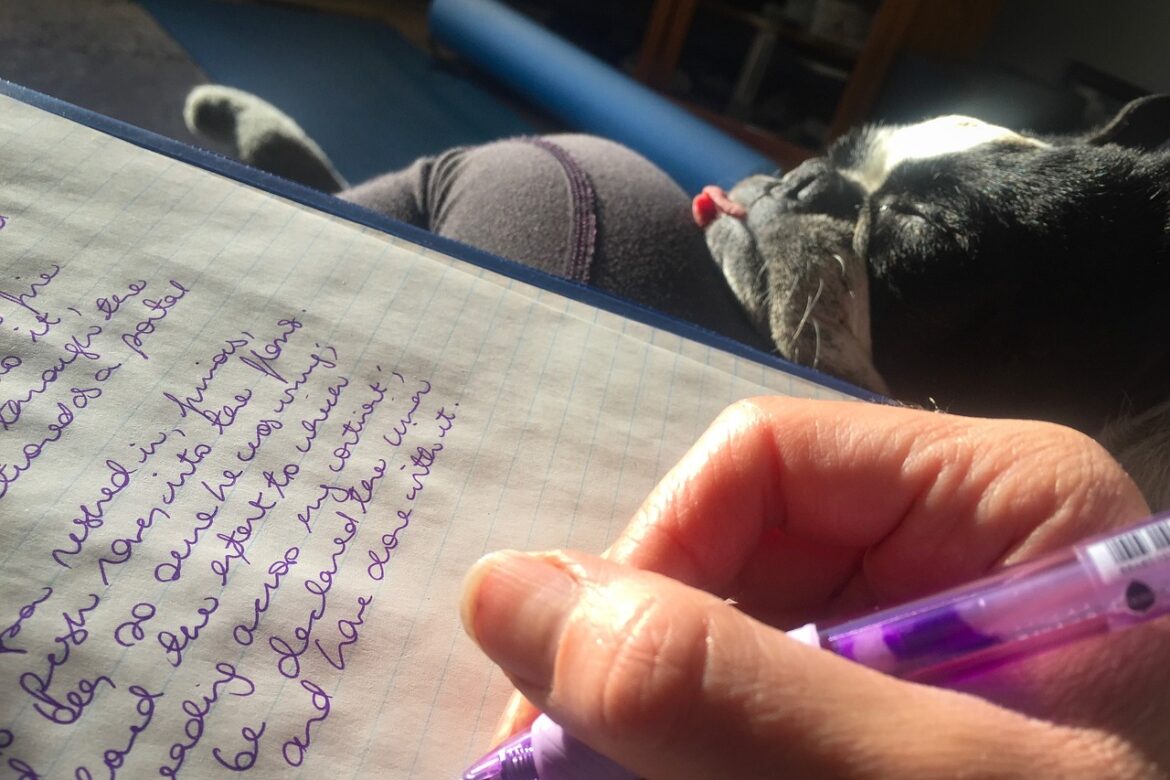Isn’t homework inherently good?
I long held the belief that homework was inherently good. I viewed it as a marker of a more dedicated student. Homework, in my view, promoted independent learning and practicing essay after essay would prepare the students for the forthcoming exams. However, after reading some research, my position has changed somewhat. According to a Stamford study, too much homework can be detrimental – it found that:
- Too much homework can diminish its effectiveness and even be counterproductive. The study cites prior research indicating that homework benefits plateau at about two hours per night, and that 90 minutes to two and a half hours is optimal for high school. The question is, do you know how much homework other subjects are setting?
- 56 percent of the students considered homework a primary source of stress, according to the survey data. Forty-three percent viewed tests as a primary stressor, while 33 percent put the pressure to get good grades in that category. Less than 1 percent of the students said homework was not a stressor. Interesting given the recent concern over student mental health.
- Too much homework can lead to physical health problems, a lack of balance and even alienation from society.
Sue Hallam also has an interesting summary on the advantages and disadvantages of homework. We should also add that the pressure is then put upon teachers to mark it, give feedback, do corrections and maybe mark it all again!
Not all homework is effective.
Increasingly, I questioned the purpose of much homework when it came to A level courses. I would set the students an essay question and the students would go home with all their books and materials in front of them and craft an essay in a period much longer than in the exam. What is the point? They don’t have to retrieve or recall any information. They do not learn how to think on the spot and plan for an awkward question. They do not get the sense of how much time they will have to play with. I think it was Dylan Williams that said often the homework we set is just ineffective. The research generally states that students should not typically be exposed to new material in their homework, unless they are judged more ‘expert learners’. Complex, open ended homework is often completed least effectively; whereas, short, frequent homework, closely monitored by teachers is more likely to have more impact.
Should we set any homework?
According to some studies, there is some question as to whether homework should be set at Primary School age at all. Younger children have less developed study habits and are less able to tune out distractions at home. There have been some determined campaigns to get rid of it too. For older students however, it can be helpful in their educational development but we need to give more attention to the nature and type of homework we are setting. Vatterot identifies characteristics of effective home learning in her 2010 study. I subscribe to the idea of little but often. Short 20-30 minute tasks (unless it is coursework) to be done every other night. The kind of tasks I have been setting include the following:
- Revising lists of facts for knowledge tests (they get the answers in advance, we then repeat some of the questions in following weeks with new ones added).
- Structured research for coursework (Applicable to A level – I set them key questions and tasks to do so I can easily monitor progress).
- Extracts of Historians’ views with questions – this helps with the Component 1 AQA A level unit. We review the answers at the start or end of class.
- Revision activities – see my History Rocks Cafe Menu.
- Primary source analysis. They will be given a source to annotate (without notes). We then use this as a starter task the following lesson and assessment is via directed Q&A.
- Creating a one page summary of a podcast.
I then set any assignments in class and take them in. This could be short one source or one extract questions (I will get the sense of the typical level from this), or a 45 minute essay. There is no getting away from the fact that I will need to mark these, but it is more meaningful. I get to see where there are issues in understanding or skills. I can focus in on the students that are struggling or those that require some firmer conversations. I believe this approach fortifies their content knowledge more effectively and it still teaches them the study skills they require as they progress further.
I would be interested in what effective homework strategies you are using?


